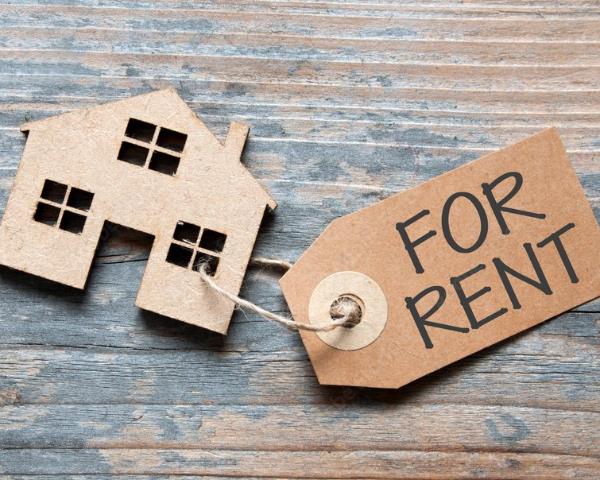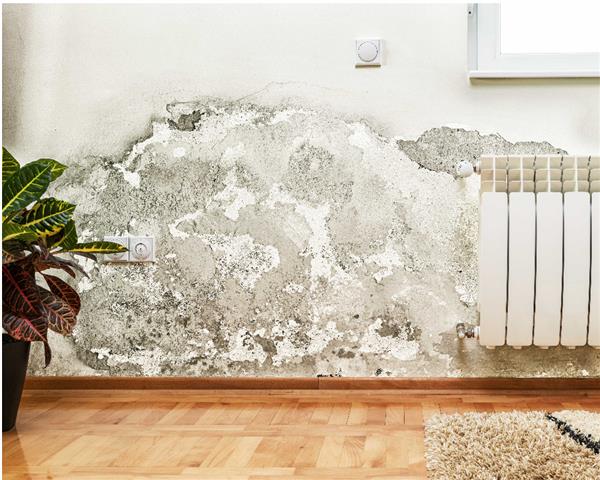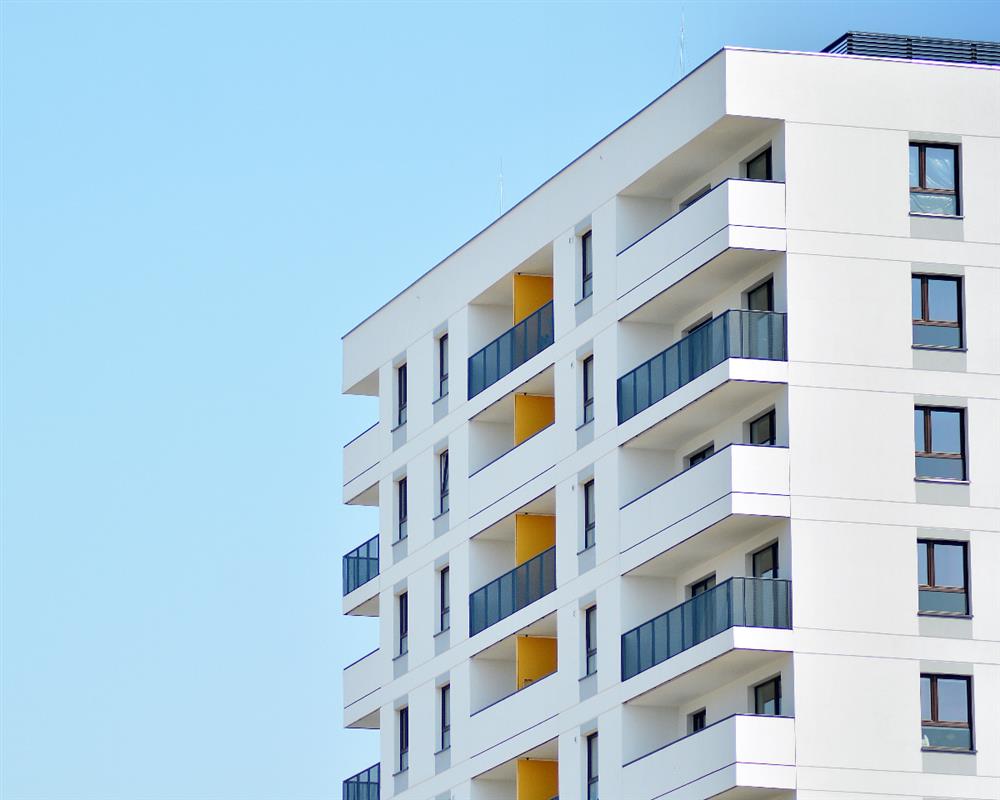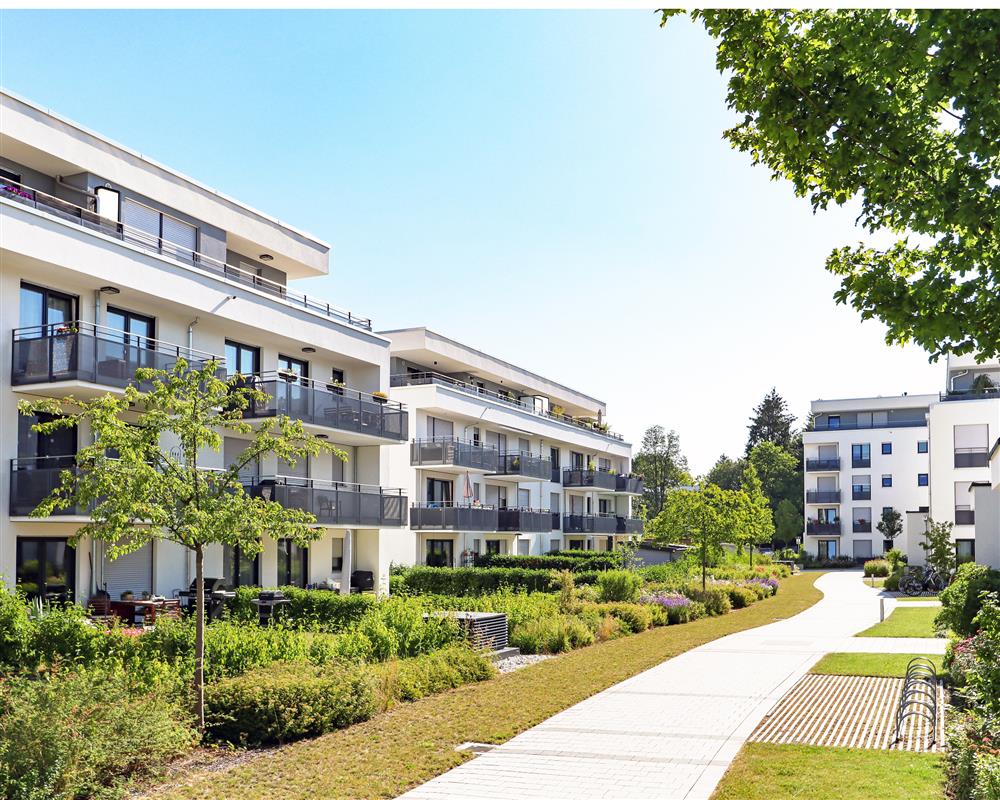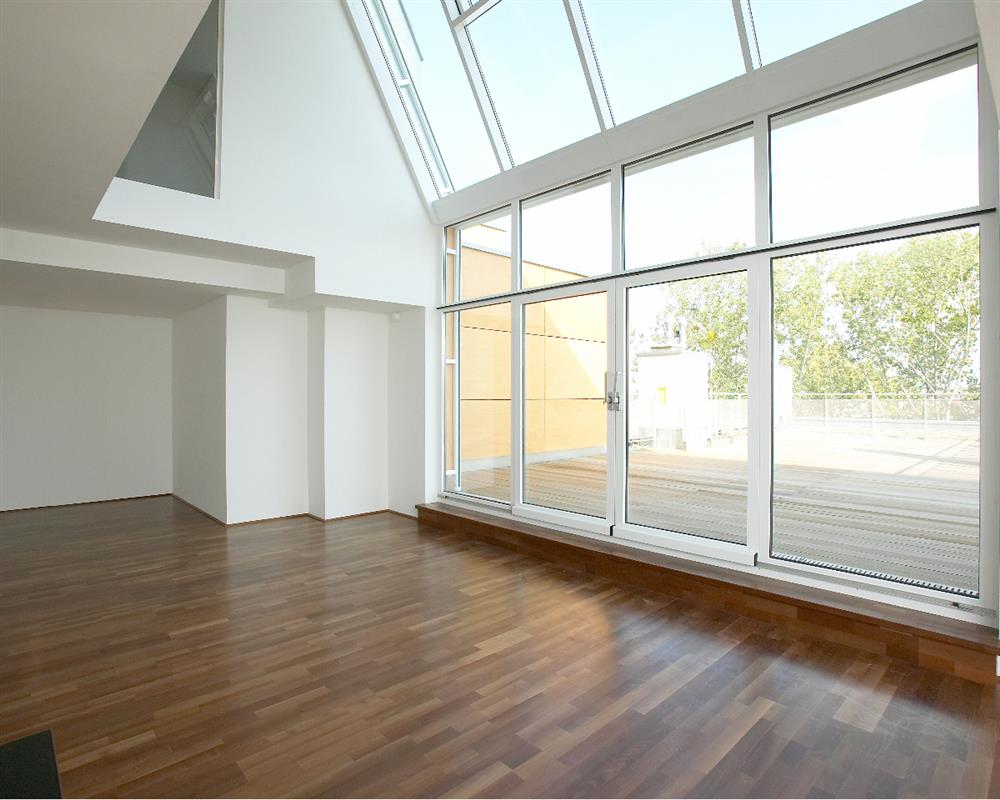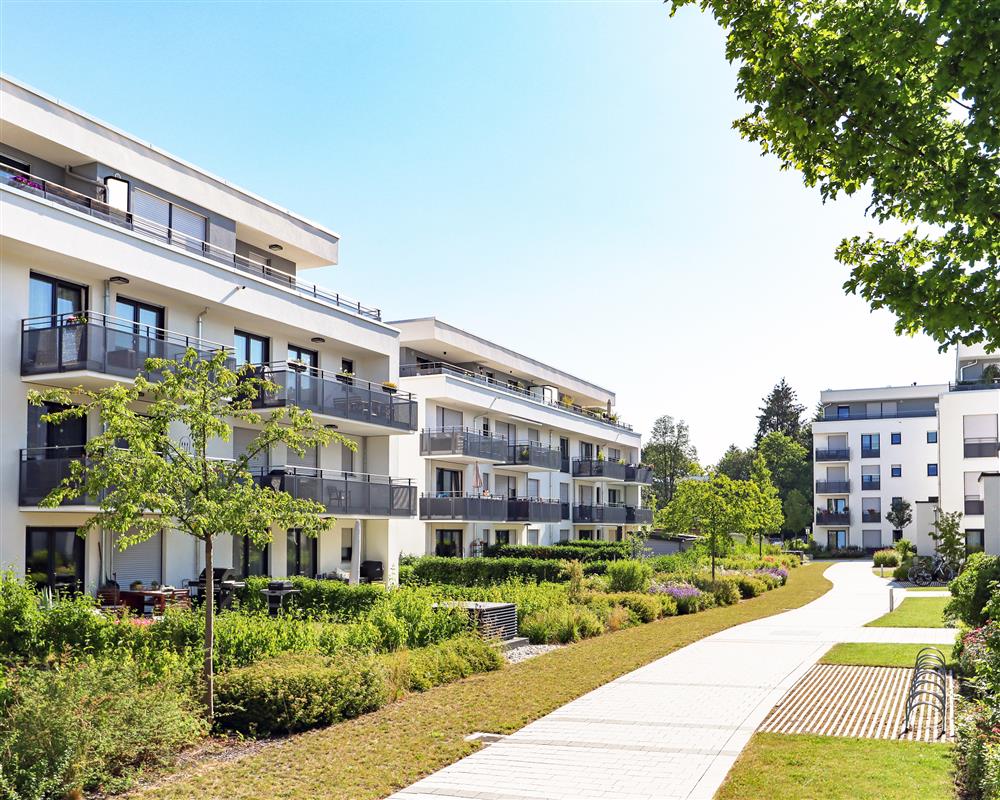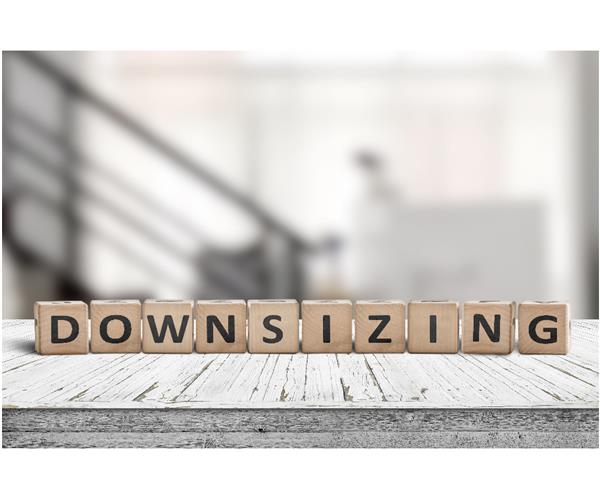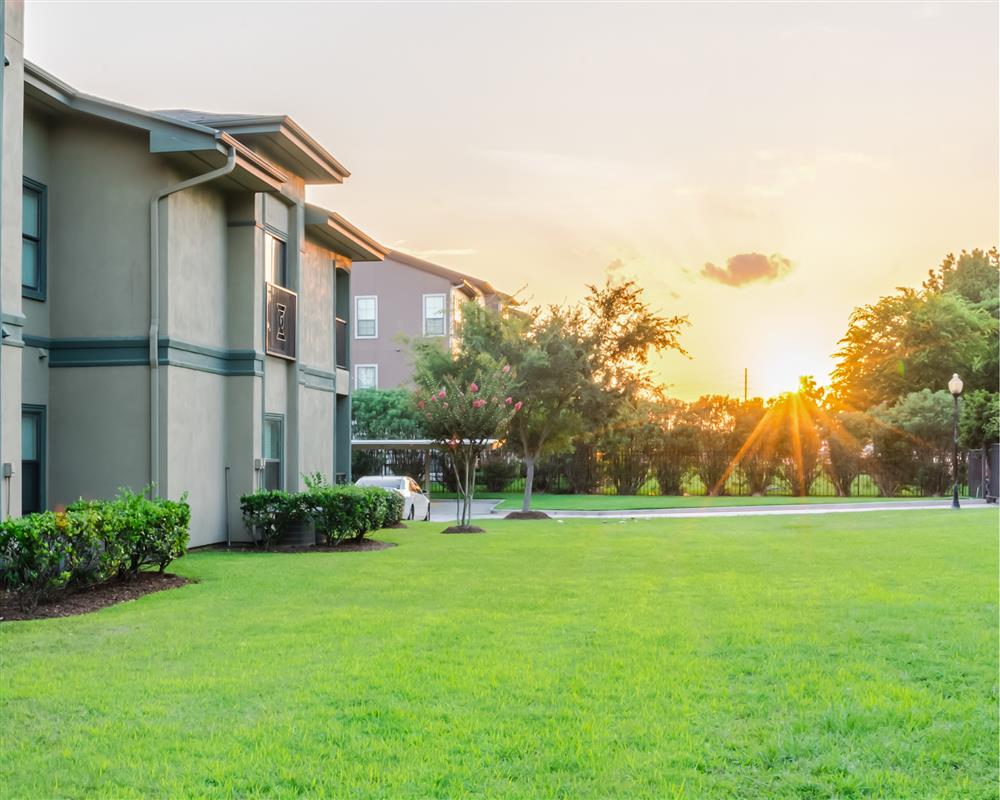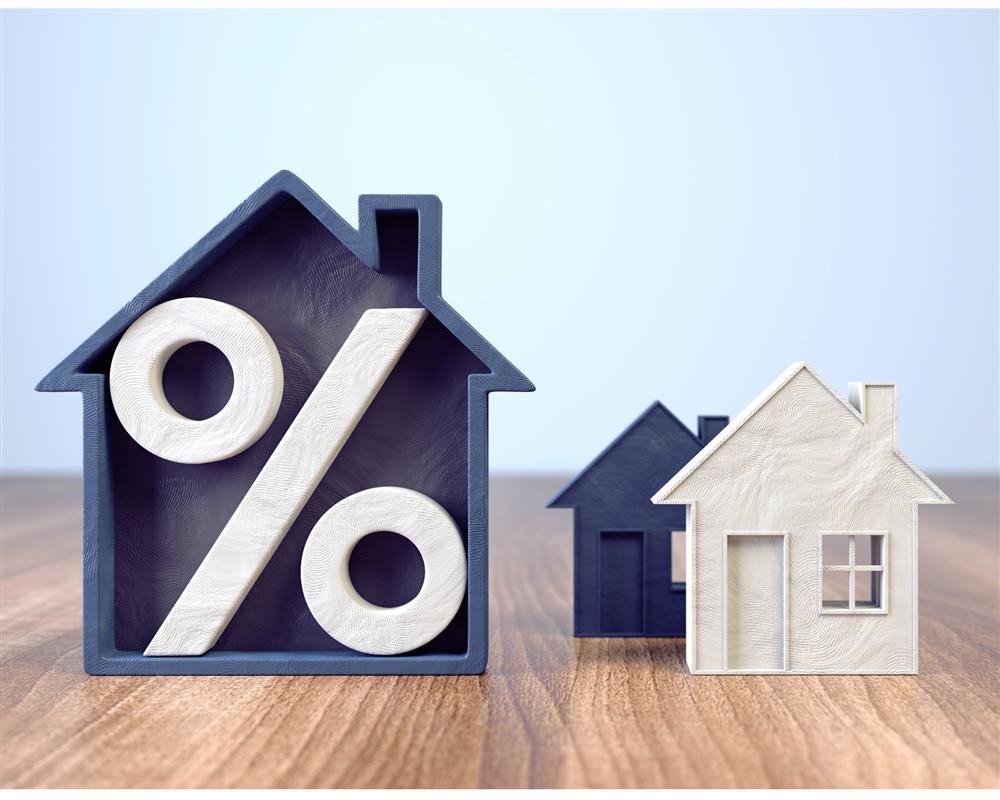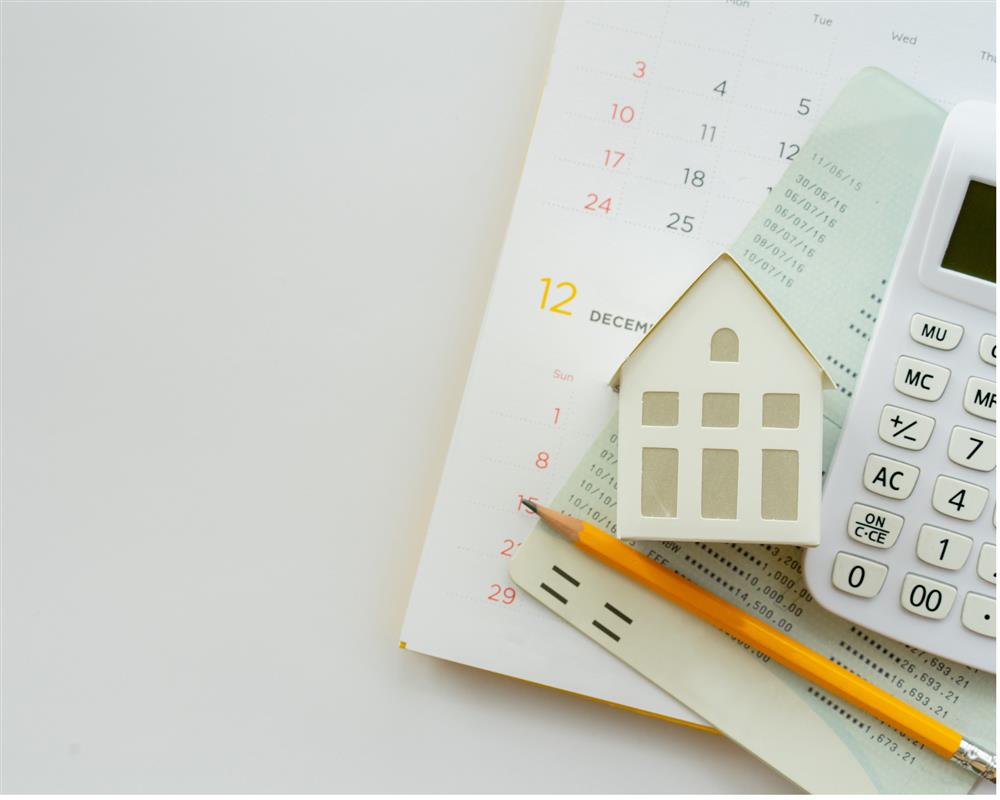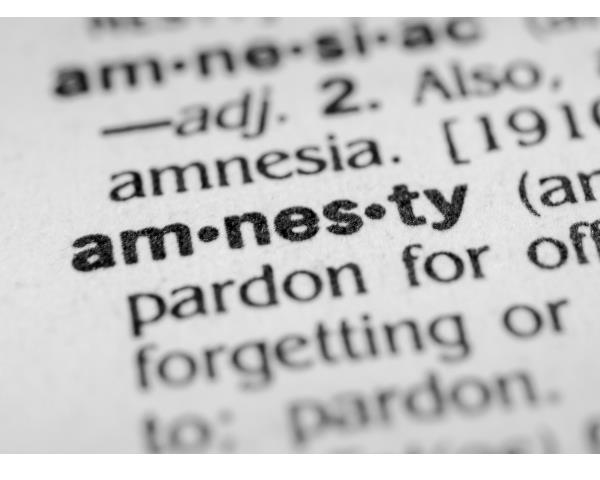
The South African Reserve Bank's Monetary Policy Committee raised the repurchase rate by 75 basis points on the 21st of July 2022 to 5.5%, up from 4.75%. This was the fifth consecutive increase in the repo rate and the steepest hike in almost two decades. Along with many other global central banks, the SARB has taken an aggressive stance to monetary policy tightening to curb surging inflation, which currently stands at 7.4% – the highest level since the global financial crisis.
In the wake of the Covid-19 pandemic and aggravated geo-political tensions resulting in supply shortages and other restrictions, the global economy has entered a period of persistently high inflation and weaker economic growth. South Africa’s own subdued economic growth, record low business confidence levels, and ongoing energy crisis, as well as soaring fuel and food prices, have added to inflationary concerns. The FNB/BER Consumer Confidence Index plummeted to -25 in Q2, revealing just how concerningly poor consumer confidence currently is. The current level is only marginally higher than the level recorded in Q2 of 2020, at the start of the Covid-19 pandemic.
The SARB serves to protect the economic well-being of South Africans and to support the value of the currency. Reserve bank governor, Lesetja Kganyago, assured consumers that “the South African Reserve Bank will act, with scale, timeously, to protect the income of South Africans.” The key rate has been raised by a cumulative 200 basis points since November 2021, and consumers should expect the hawkish rate hike cycle to continue with higher borrowing costs ahead. The aim of policy normalisation is to anchor inflation expectations closer to the 4.5% midpoint of the MPC’s target range. According to Kganyago; “Guiding inflation back towards the mid-point of the target band can reduce the economic costs of high inflation and enable lower interest rates in the future.”
Industry experts believe inflationary concerns will continue to drive rate hikes in September and November of this year, with the prime rate back to the pre-pandemic level by 2023. While the rate hike did not come as a surprise, its sharp trajectory has landlords and sellers understandably concerned.
How does this impact Residential Rentals?
Landlords will need to adjust to the rising costs. Inflationary pressure may force homeowners to implement rental increases to remain abreast of escalating costs. The challenge is to achieve a decent yield, or at the very least cover costs, without compromising a paying tenant. The reality is that house price inflation will continue to suppress rental yields.
Landlords will need to be sensitive to the fact that tenants will also be under significant financial strain and that an unreasonable increase may force them to find a more affordable rental option. TPN predicts that affordability concerns will increasingly affect tenants’ ability to pay in full and on time. This is reflected in TPN’s Rental Monitor for Q1 of 2022, which shows a marginal drop (from the previous quarter’s figures) of the percentage of tenants in good standing with their landlords. Landlords are advised to partner with a reputable agency, such as Etchells & Young, to minimise the risk of defaulting tenants. Our Applications Department follows stringent screening processes and comprehensive credit and background checks on all rental applicants.
On a more promising note, data from TPN’s most recent Market Strength Index shows an increased demand for residential rental stock. This is most likely tied to the interest hike impacting the cost of bond repayments and debt, forcing aspirant homeowners to delay purchasing property and remain as tenants instead. Relatively low rental escalations during the pandemic and an improvement in employment figures also have a bearing on an upswing in rental demand.
The Vacancy Rate has also shown promising recovery and is forecast to show further improvement towards the end of Q2. According to TPN, rental properties between R7 000 and R12 000 had the lowest vacancy levels in the first quarter of 2022, at 7.32%. With regards to tenants in good standing (paying on time and in full) this price bracket represents 22.8% of the total rental market and showed seven consecutive quarters of improvement (from 80.42% in Q2 of 2020 to 87.29% in Q4 of 2021), with only marginal improvement in Q1 of 2022, at 87.34%. The R12 000 – R25 000 bracket had a similarly low vacancy rate and while only representing 7% of the rental market, has shown continued improvement in good standing during Q1 of 2022. This indicates that tenants in the middle and upper rental value bands have adequate financial buffers in place to safeguard against the rising cost of living, but that they are not completely unaffected by inflationary pressures.
TPN reports that those in the lower market bands (spending less than R7 000 per month on rent) represent the largest portion of the rental market and are the most financially fragile. Tenants in this value band present the greatest risk of defaulting and are the poorest performing category of tenants in good standing.
In summary, rising interest rates may positively impact rental demand for competitively priced rental property, particularly in Gauteng – with more than 53% of households as rentals. This is reflected in TPN’s higher Market Strength indices and lower Vacancy Rate. Landlords with properties in the lower value bands (less the R7 000) should apply strict screening criteria to new tenant placements, as these tenants remain the most price sensitive and are at the highest risk for defaulting. Landlords with properties in the mid- to high-value brackets are not exempt from the risk of poorly performing tenants. In fact, these tenants often have a higher percentage of their salaries going towards debt obligations and nondiscretionary spending, and so will be hard hit by the higher cost of borrowing. That said, tenants in these price brackets have shown continued improvement in good standing over the last several quarters, indicating the presence of adequate financial buffers. While inflationary pressure may force homeowners to implement rental increases to remain abreast of escalating costs, conservative rental escalations may be the difference between keeping a paying tenant and filling a vacant property. South African consumers are facing a cost-of-living crisis spurred by rising food and fuel costs, and TPN predicts that getting rental payments in on time and in full is likely to be a challenge going forward.
How does this impact Residential Sales?
During the pandemic, interest rates were at a historical low. This made it possible for first time buyers to enter the market and take advantage of the lower cost of borrowing. The most recent rate hike has taken the prime lending rate to 9% – making financing a home more expensive. With the cost of borrowing climbing, aspirant homeowners may delay purchasing property. According to ooba, South Africa’s foremost home loan comparison service; “Interest rate hikes during the quarter […] have had an impact on buyer behaviour – particularly among the first-time buyer demographic, who are sensitive to interest rate fluctuations.” This is especially true of consumers whose salaries have not increased significantly since the start of the pandemic, in line with the rising cost of living, and who now have less money to satisfy their debt obligations. Having less money to pay off debt puts consumers at risk of defaulting on their existing obligations and dampens their borrowing prospects.
Homeowners who are under pressure to sell in order to downscale will be the worst affected by a smaller pool of qualified buyers in the market. Competition is rife and sales property will need to be competitively priced if it to have a hope of selling timeously. Industry experts believe that the oversupply of sales property, aggravated by desperate sellers forced to accept lower offers, will significantly impact house price growth.
As consumer affordability has declined, the banks’ lending criteria has become stricter, making it more difficult for aspirant buyers to qualify for a home loan. That said, fewer applicants means that competition for business between the major banks has resulted in strong interest rate discounts and lower deposit requirements for qualified buyers with good credit records. This is according to ooba’s Q2 statistics for 2022, which indicate a favourable homebuying market and banks’ continued lending confidence – especially where first-time buyers are concerned. 80% of first-time homebuyer applications processed in this quarter were approved with zero deposit. Serious buyers with good credit records still have strong purchasing power.
Aspirant homeowners must bear in mind that while the current rate hiking cycle places household finances under increasing pressure, prime remains well below pre-pandemic levels and the banks’ approval rates remain steady. The local housing market is expected to remain resilient.
Investment buyers are taking advantage of the current climate. In the wake of the Covid-19 pandemic and other geo-political tensions the percentage of bond applications for investment and rental purposes, according to ooba’s Q2 data, has risen to 7.21% - the highest percentage recorded since 2010. According to Rhys Dyer, CEO of ooba; “The higher level of activity in the rental market and the still relatively low cost of borrowing is favouring the investor market segment where buy-to-let properties are being acquired at relatively less expensive prices.”




























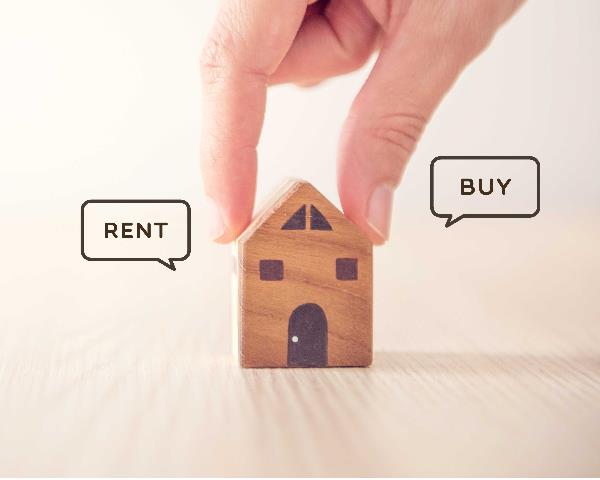
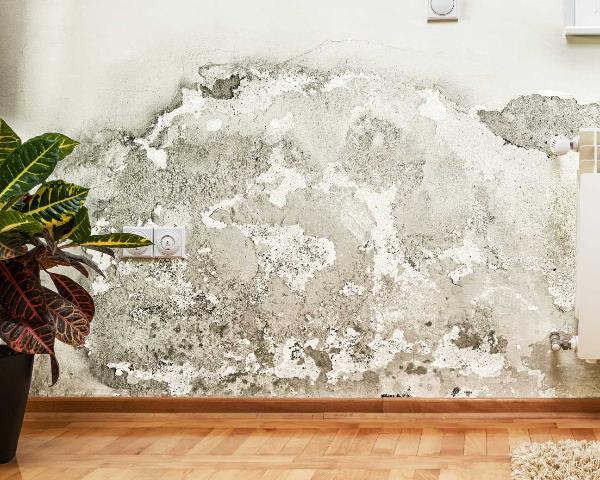
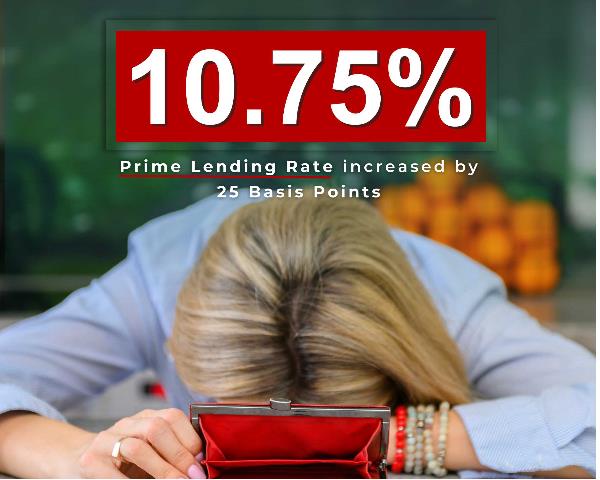



















![What is POPIA? [Part 1]](https://s3.entegral.net/news/Thumbnail_2021_10_18_11_53_39_403.jpeg)









